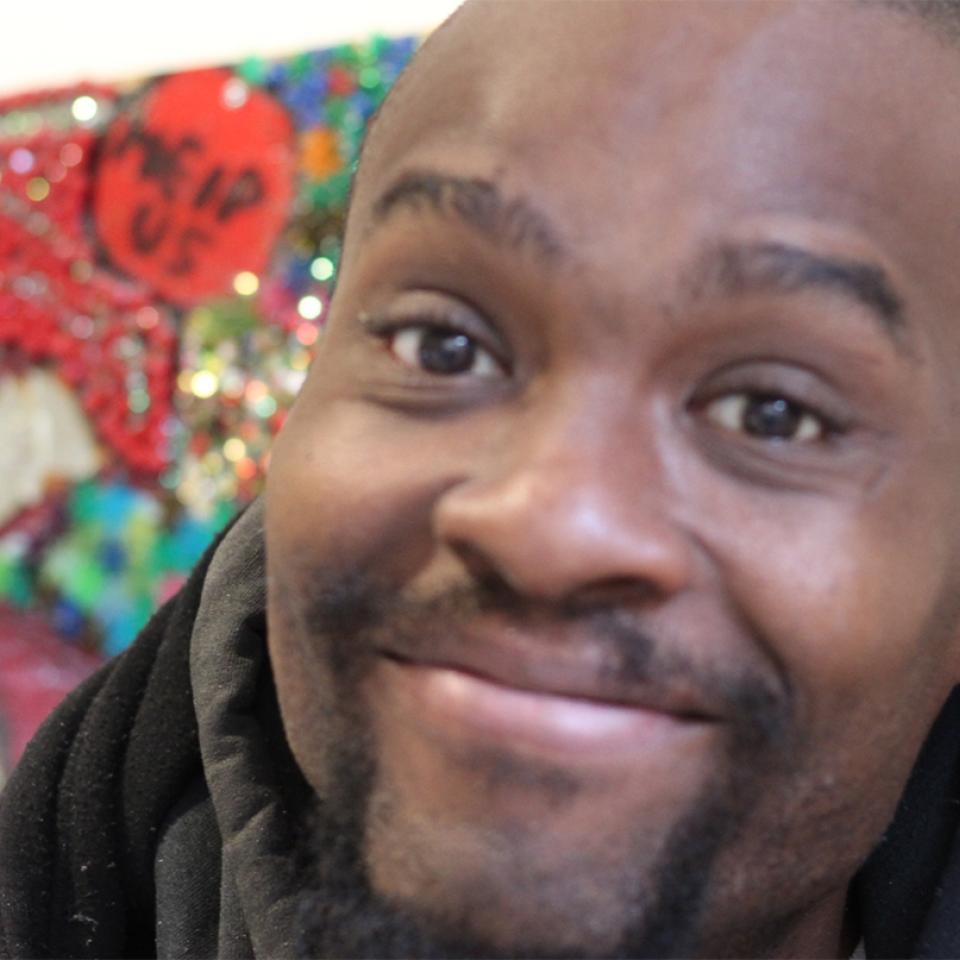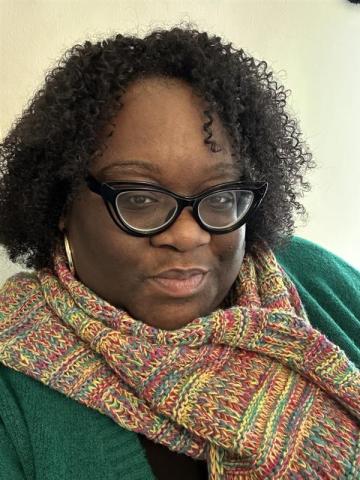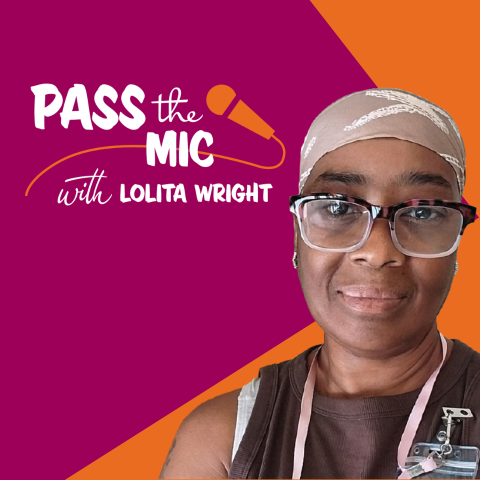
Terrell wins the (housing) lottery
When you grow up poor in Baltimore, the odds aren’t in your favor. Your life expectancy lags 20 years behind people from wealthy neighborhoods. You’re more likely to get diabetes and heart disease. You’re also more likely to experience trauma and suffer from behavioral health issues.
Terrell knows the odds all too well. He was nine the first time he experienced homelessness. His mother was a single parent and when she developed a substance use disorder, they lost everything. Moving through foster care programs, Terrell started experiencing depression and anxiety. Eventually, he started living on the streets and in shelters.
All over Baltimore, people like Terrell are plagued with health issues simply because of where they live. Also known as Social Determinants of Health (SDH), these environmental factors account for 20% of a person’s health, while health care accounts for just 10%.
We’ve begun assessing where our clients live and work in order to inform their health care plans. Now, every time Case Manager Eva Hendrix sees Terrell, she asks him a set of SDH questions—including where he sleeps.
“Our strategic plan says we want 100% of our clients to have access to affordable housing, so the first thing we ask is: where are you living?” says Eva. “Anything less than permanent housing is not what we want for our clients. Social determinants of health reinforce that mindset—and help us do something about it.”
Thanks to all the housing information Eva has been collecting, Terrell finally qualified for federal housing assistance in October. For once in his life, he feels lucky. “It was like winning the lottery,” Terrell says. “I couldn’t believe it.”
Next week, Terrell is going to look at apartments—and he can’t wait to live in a stable environment. “I want to focus on music, relax and just be healthy,” he says.
More Recent News
After a year of serving as Practice Manager of West Baltimore, Alkema Jackson is moving into the new role of Director of Practice Operations, Community Sites! She joined Health Care for the Homeless in 2022 as the Client Access Project Coordinator, collaborating across departments to help more people connect to agency services, and in 2023, she received a Core Value Award for Hope. Read on to learn more about Alkema’s approach to this new position…
Meet Christana Greene, our new Director of Compliance! With more than five years in the compliance field—most recently as Senior Quality and Patient Safety Specialist at GBMC Healthcare—Chrissy brings frontline insight to the role. She began her career as a medical assistant, gaining firsthand experience in what it takes to keep care safe and operations running smoothly. In her new role, Chrissy is focused on building a compliance culture grounded in safety, integrity and accountability. Read on to learn more about Chrissy...
Baltimore gets dangerously cold, and too many of our neighbors are out there.Here are three simple things you can do to make a difference in someone’s life this winter.
Meet Lolita Wright, a mother and caregiver. Lolita is never leaving Baltimore. She shares her parents' love of music and determination.




